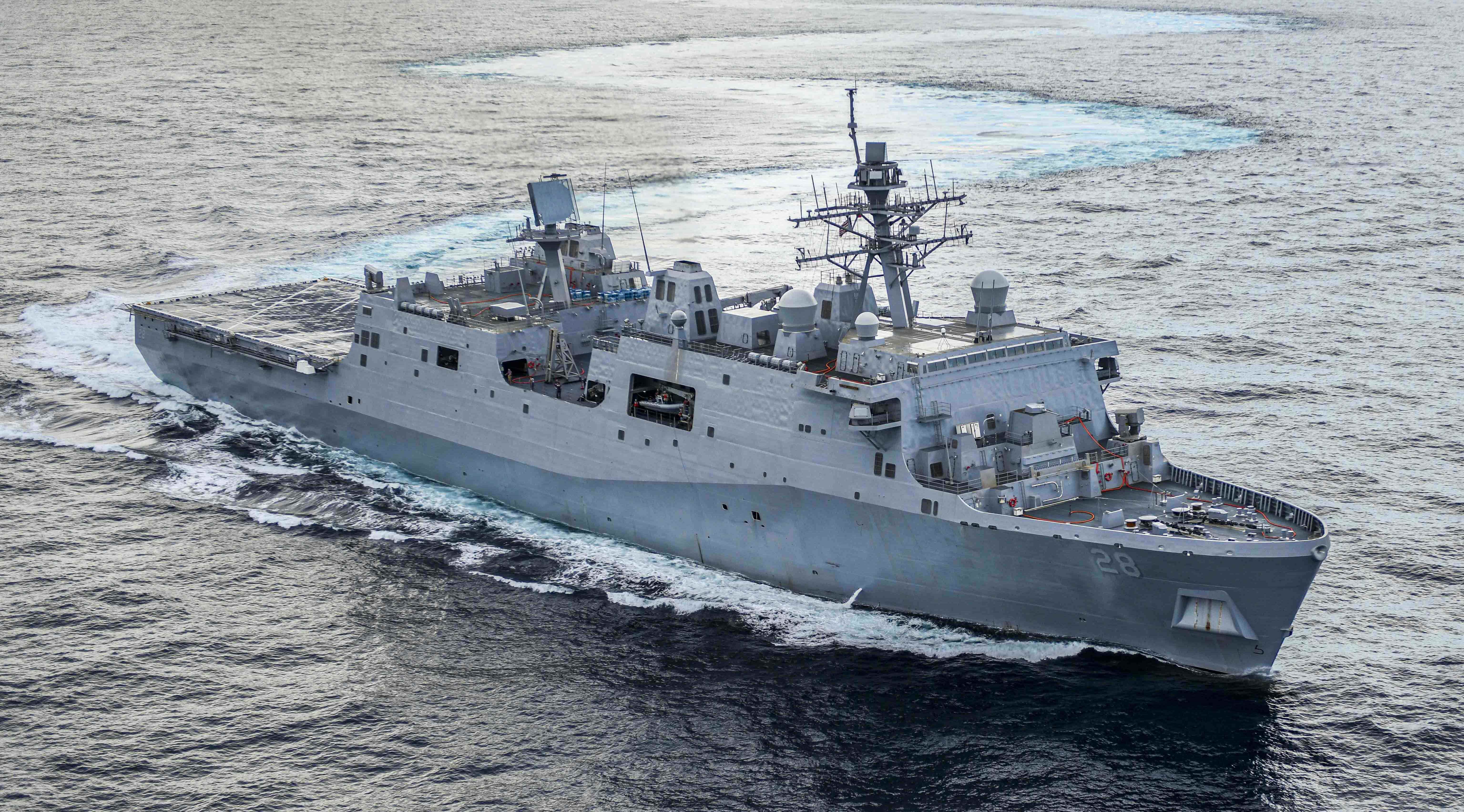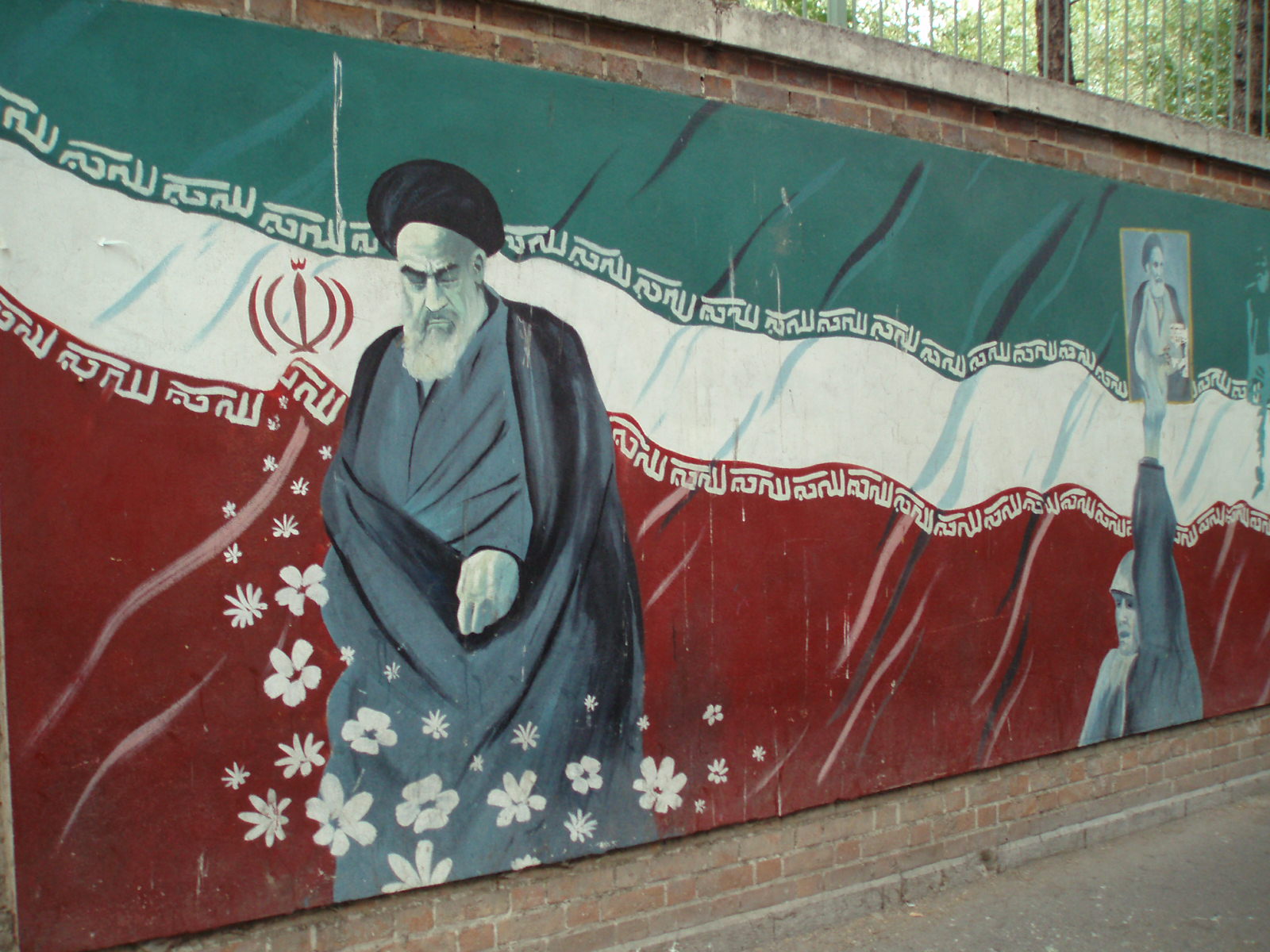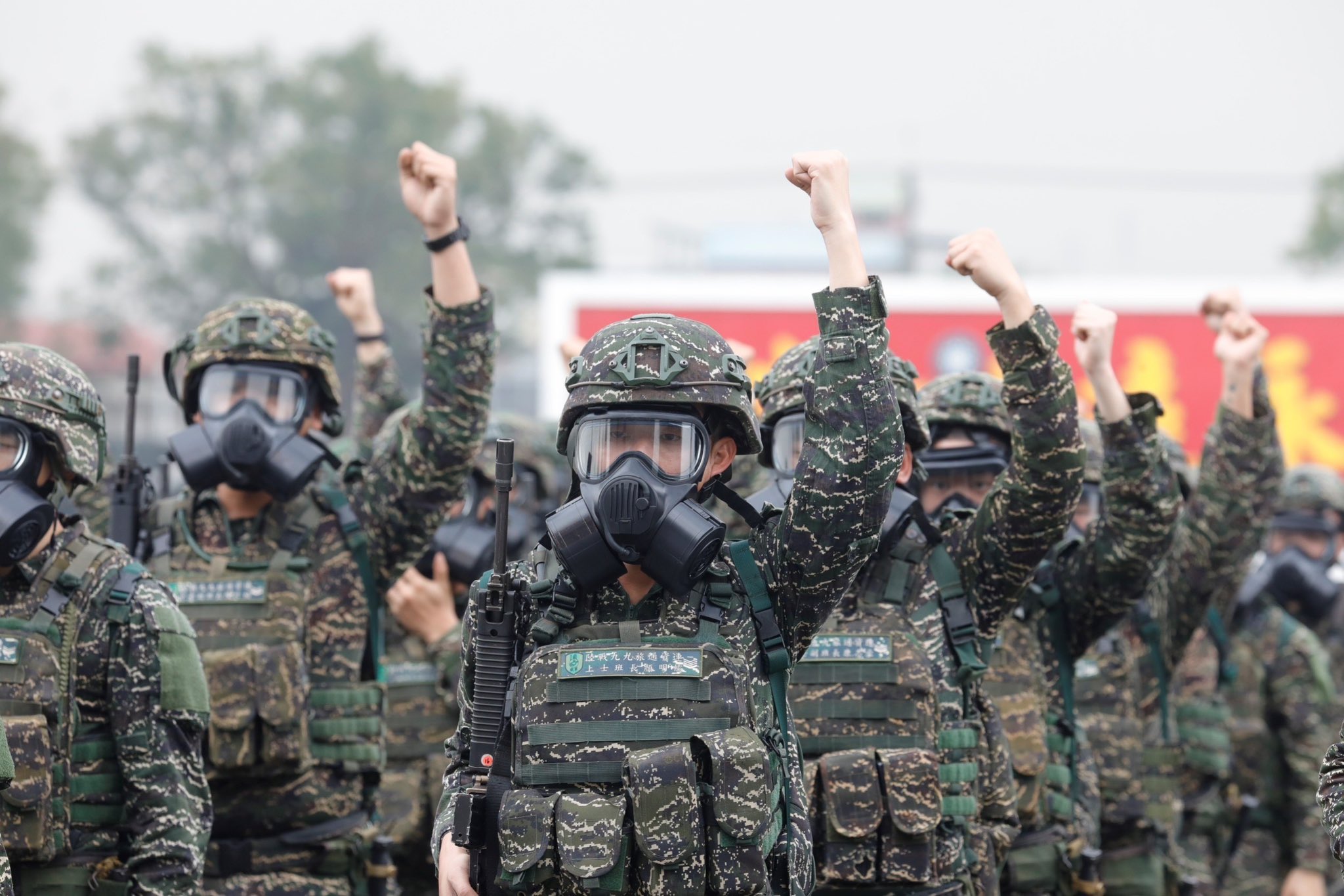The following is from the executive summary of the Pentagon’s report to Congress: Military and Security Developments Involving the Democratic People’s Republic of Korea 2012, released Thursday.
The Democratic People’s Republic of Korea (DPRK) remains one of the United States’
most critical security challenges in Northeast Asia. North Korea remains a security threat because of its willingness to undertake provocative and destabilizing behavior, including attacks on the Republic of Korea (ROK), its pursuit of nuclear weapons and long-range ballistic missiles, and its willingness to proliferate weapons in contravention of its international agreements and United Nations Security Council Resolutions.
North Korean aspiration for reunification – attainable in its mind in part by expelling U.S. forces from the Peninsula – and its commitment to perpetuating the Kim family regime are largely unchanged since the nation’s founding in 1948, but its strategies to achieve these goals have evolved significantly. Under Kim Jong Il, DPRK strategy had been focused on internal security; coercive diplomacy to compel acceptance of its diplomatic, economic and security interests; development of strategic military capabilities to deter external attack; and challenging the ROK and the U.S.-ROK Alliance. We anticipate these strategic goals will be consistent under North Korea’s new leader, Kim Jong Un.





